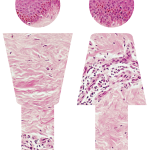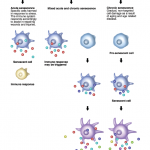In a Year in Review session at the 2017 ACR/ARHP Annual Meeting, Daniel Solomon, MD, MPH, highlighted the latest and most intriguing aspects of clinical research on rheumatic diseases from 2017. His discussion touched on medical therapy, genetics, the effects of bariatric surgery and diet, cancer risk and more…








